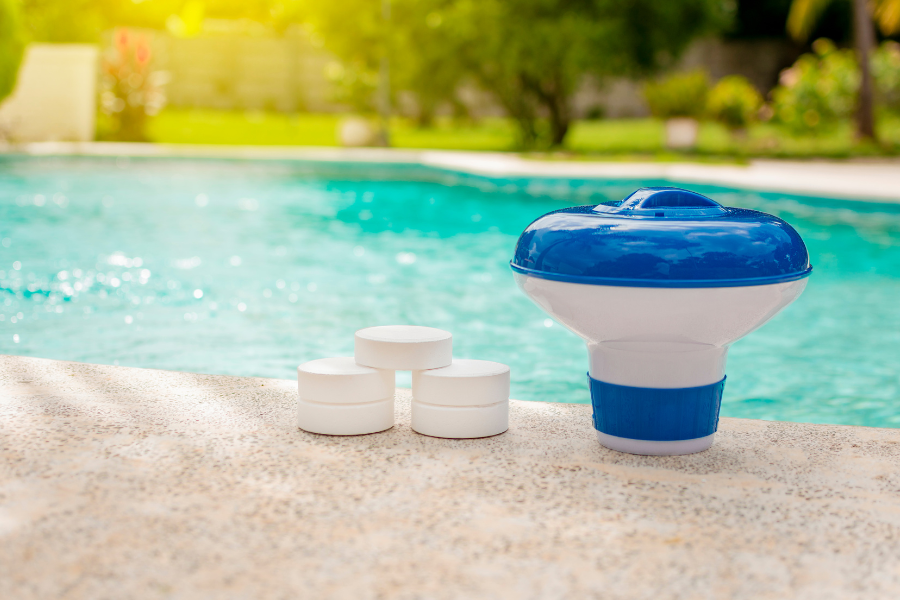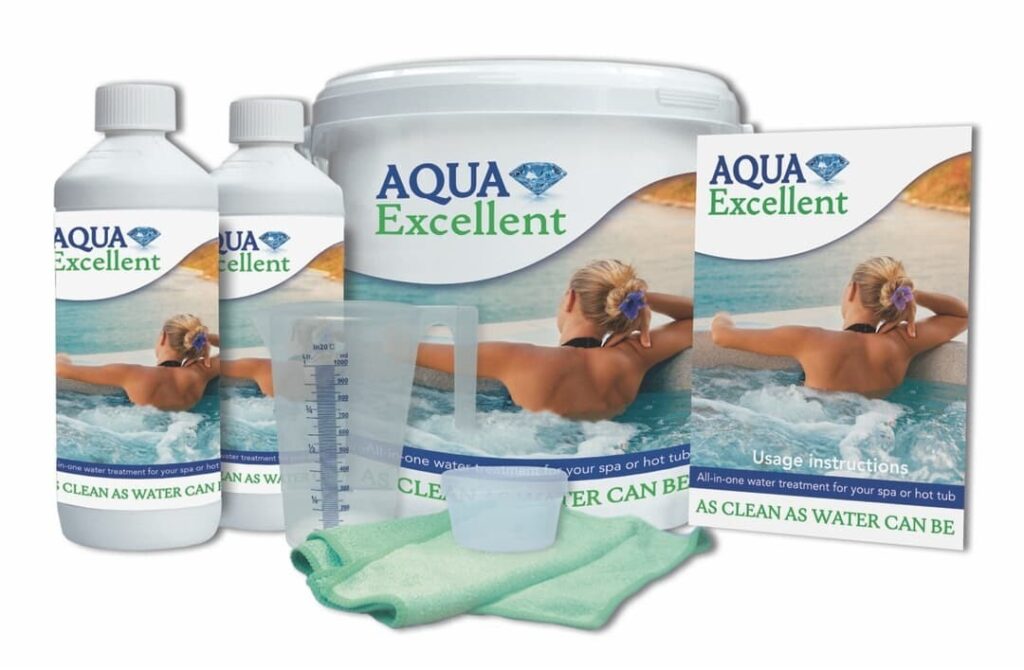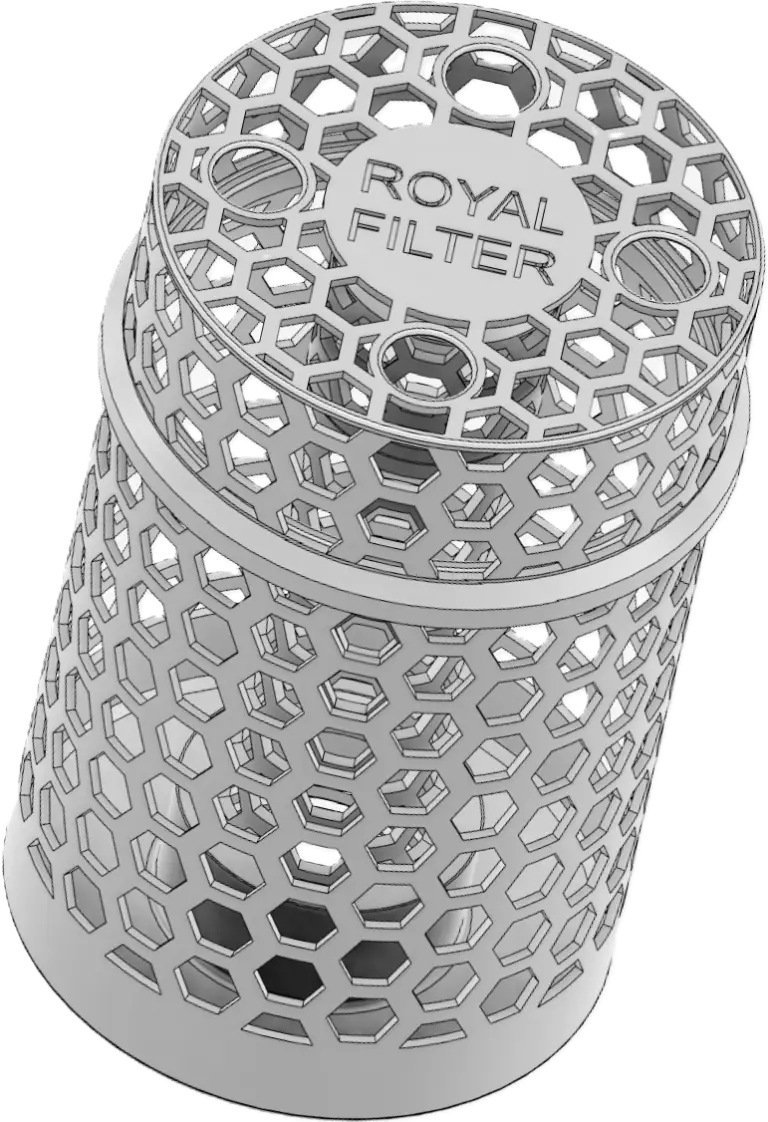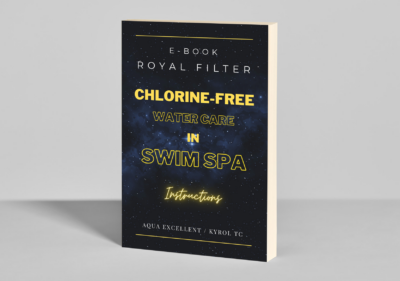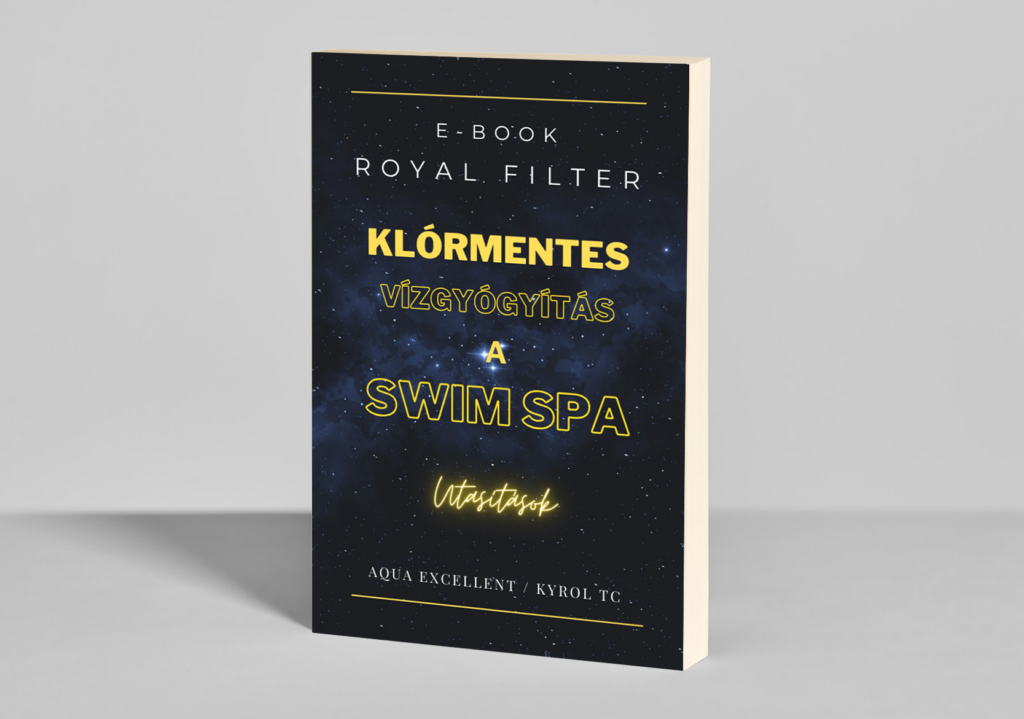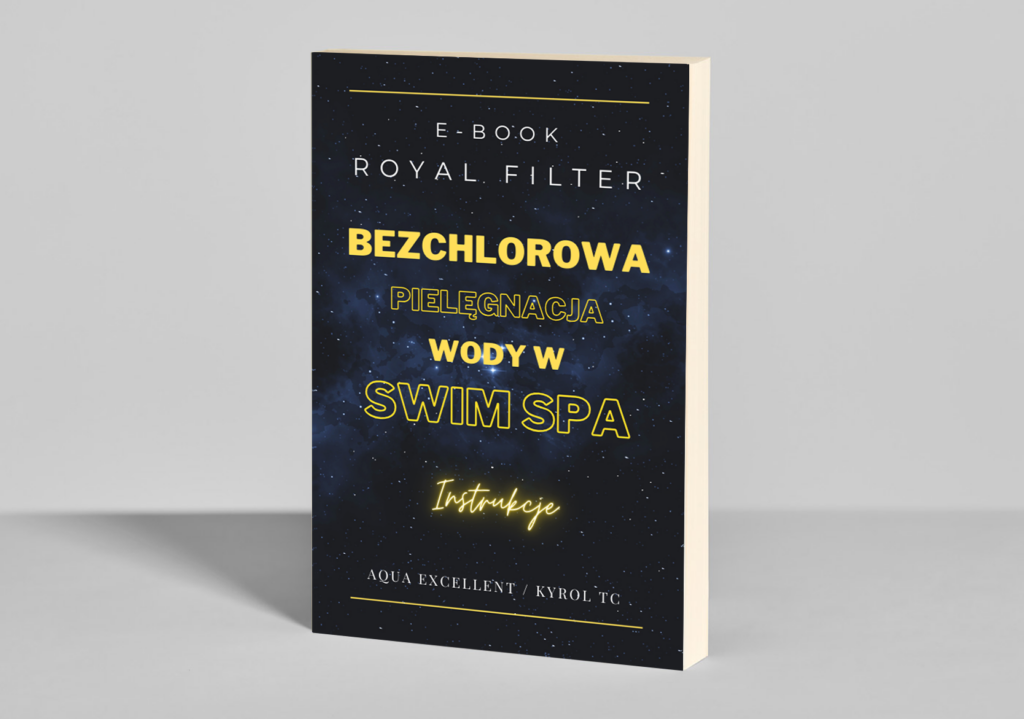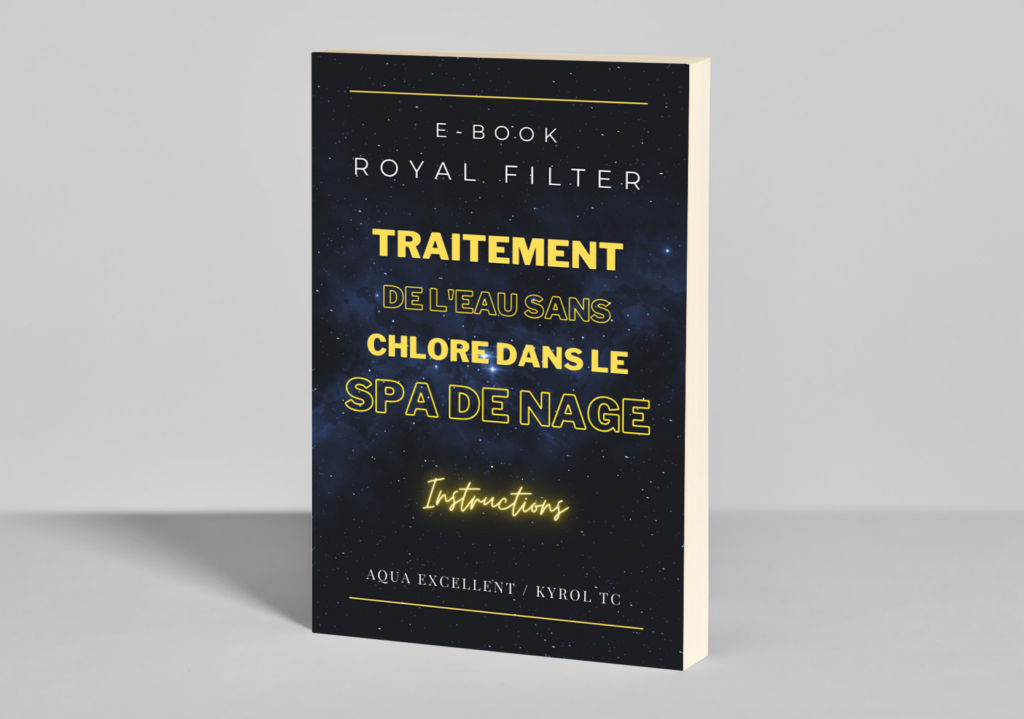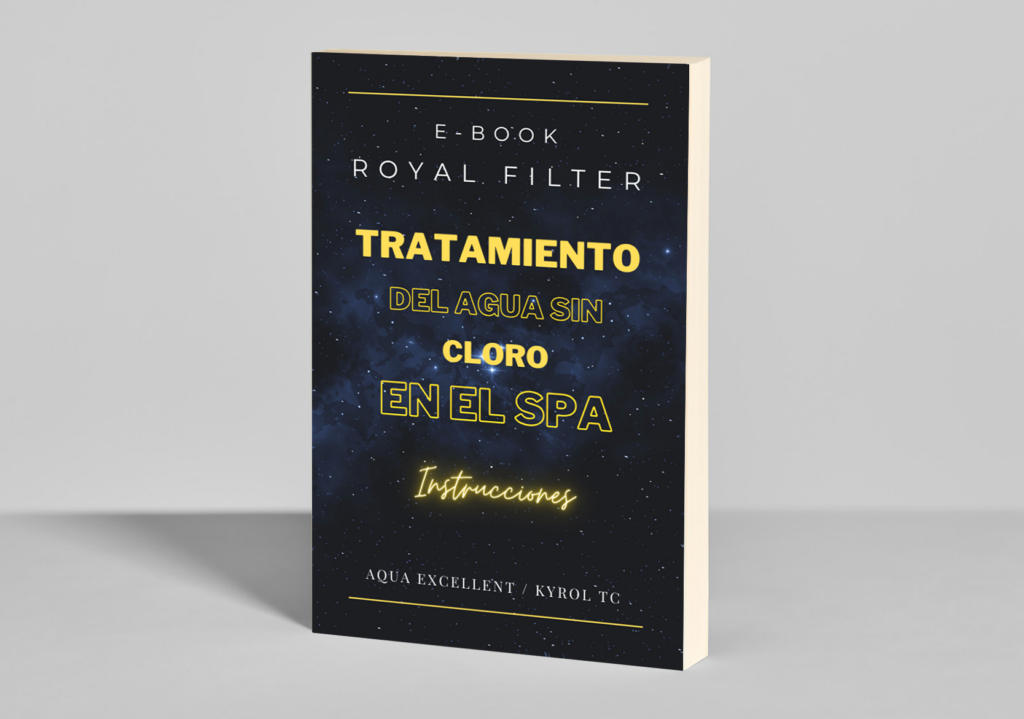
Health and safety when using a hot tub – how to avoid health risks and ensure a safe environment
Using a hot tub can be one of the most relaxing experiences, offering numerous health benefits such as improved sleep, muscle relaxation, and reduced stress. However, to fully enjoy these benefits without exposing yourself to health risks, it’s crucial to

